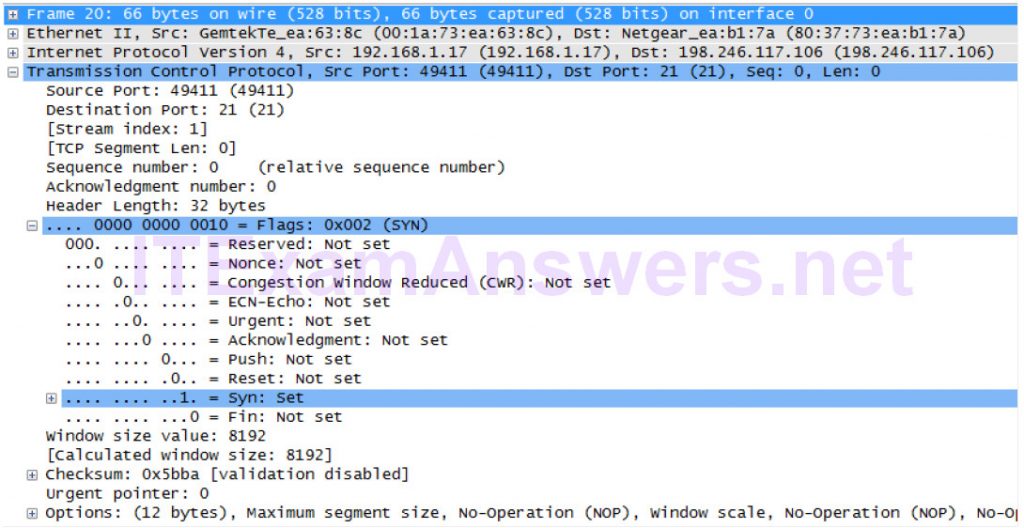
Push the new commit to the website unix> hg push Pull the latest version of the repository, and update your local copy of it: unix> hg pullĬopy the files you want from the class repository to your private repository: unix> cp ~/bitbucket/2018_fall_ecpe170_boilerplate/lab09/* ~/bitbucket/2018_fall_ecpe170/lab09/Įnter your private repository now, specifically the lab09 folder: unix> cd ~/bitbucket/2018_fall_ecpe170/lab09Īdd these files to version control in your private repository: unix> hg add dns.py dns_tools.pyĬommit the new files in your personal repository, so you can easily go back to the original starter code if necessary unix> hg commit -m "Starting Lab 9 with boilerplate code" Enter the class repository: unix> cd ~/bitbucket/2018_fall_ecpe170_boilerplate/


To begin this lab, start by obtaining the necessary boilerplate code. However, DNS can also store a wide variety of other domain-related information, such as the associated domain mail servers, name servers, domain name aliases, reverse DNS lookups (obtaining a DNS name from an IP address), anti-spam records such as Sender Policy Framework, and many other record types. The most common piece of information is the IPv4 or IPv6 address(es) associated with that domain name.

In this lab, you will use the Python programming language to implement a simplified DNS client that can send requests for basic IPv4 and IPv6 addresses.ĭNS (the Domain Name System) is a hierarchical, distributed database that stores information associated with domain names, e.g.


 0 kommentar(er)
0 kommentar(er)
